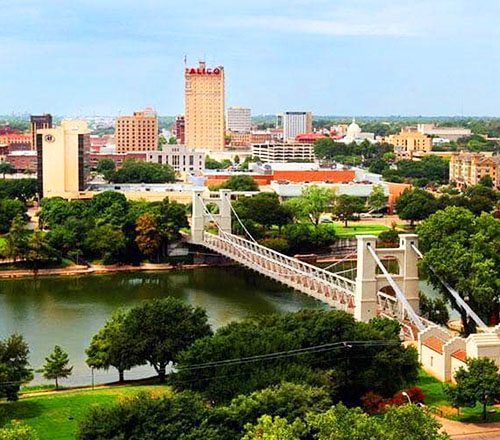
The Latest News Total Post :

What's Trending Now


Posted on 05/30/2025
Property Tax Resources for Texas July 2025 Flooding
Commercial Property Tax Posted on 05/30/2025
Posted on 05/30/2025 Property Tax Resources for Texas July 2025 Flooding
Commercial Property TaxO'Connor Insights
50+
Years Young
$190 M
Tax Savings 2024
100,000+
Clients
 Posted on 05/30/2025
Posted on 05/30/2025 Property Tax Resources for Texas July 2025 Flooding
Commercial Property Tax Posted on 05/30/2025
Posted on 05/30/2025 Property Tax Resources for Texas July 2025 Flooding
Commercial Property TaxExplore Our Property Tax Resources
Meet the Experts
ENROLL TODAY In the Property Tax Protection Program™
- Free online enrollment in 3 minutes.
- No cost unless taxes reduced, guaranteed.






